DeepDB
DeepDB: AI-Powered Database Management
Optimize queries, auto-index data, and reduce hardware costs with DeepDB, a database management system utilizing artificial intelligence and deep learning for faster, more efficient, and easier database usage.
What is DeepDB?
DeepDB is a next-generation database management system that leverages artificial intelligence and deep learning to optimize database performance. It was created by a startup called DeepMatter to reimagine what a database can do.
Some key features and benefits of DeepDB include:
- Automated query optimization using machine learning - DeepDB continuously analyzes queries and data access patterns to build a model that allows it to predict optimal query plans and indexing strategies to speed up queries.
- Automatic indexing based on data access trends - DeepDB determines the optimal indexes to create based on changing data access patterns over time, removing the need for manual index tuning.
- Adaptive learning and self-tuning - The more queries and data DeepDB processes, the more it fine tunes its query execution and data storage to improve speed and efficiency over time.
- Cost-based optimization - DeepDB takes hardware overhead into account when optimizing queries to reduce total cost of ownership.
- Scalability across multiple servers - DeepDB is designed for distributed deployment and can scale querying and data storage across commodity servers as needed.
Early benchmarks show 10x or better performance gains compared to traditional database systems. DeepDB brings the automation and intelligence of AI to database management to drive faster insights while reducing the complexity and overhead for users.
DeepDB Features
Features
- Automatic indexing using deep learning
- Query optimization with AI
- Cloud-native architecture
- Horizontal scaling
- Support for SQL and NoSQL databases
Pricing
- Subscription-Based
Pros
Cons
Official Links
Reviews & Ratings
Login to ReviewThe Best DeepDB Alternatives
Top Ai Tools & Services and Database Management and other similar apps like DeepDB
Here are some alternatives to DeepDB:
Suggest an alternative ❐SQLite
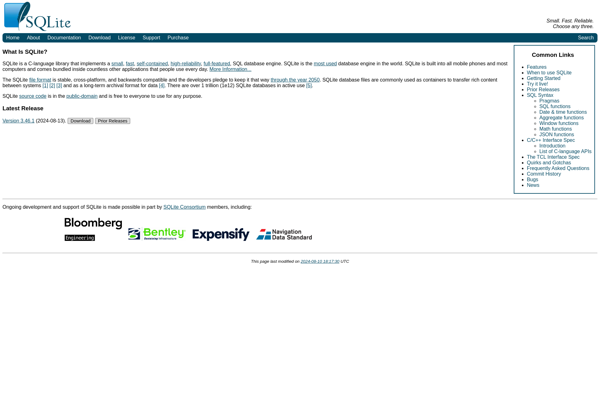
MongoDB
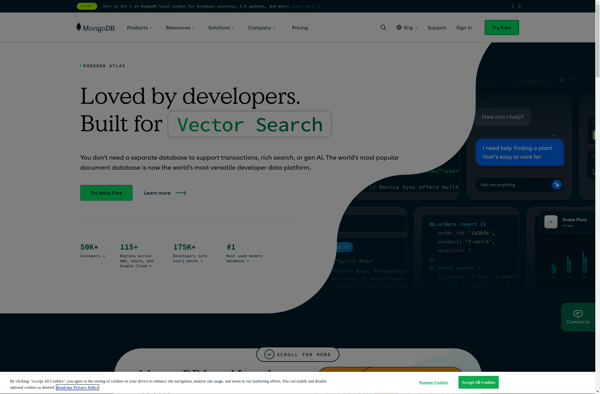
PostgreSQL
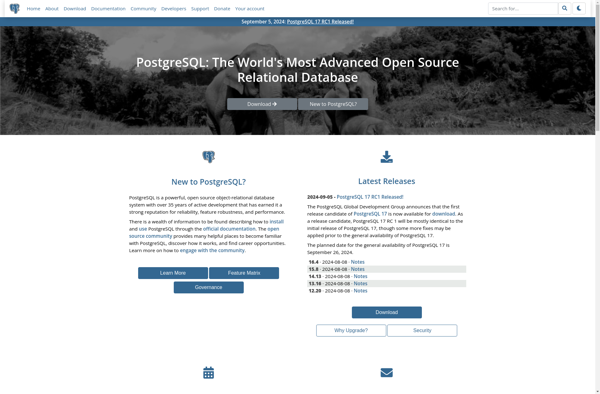
MySQL Community Edition
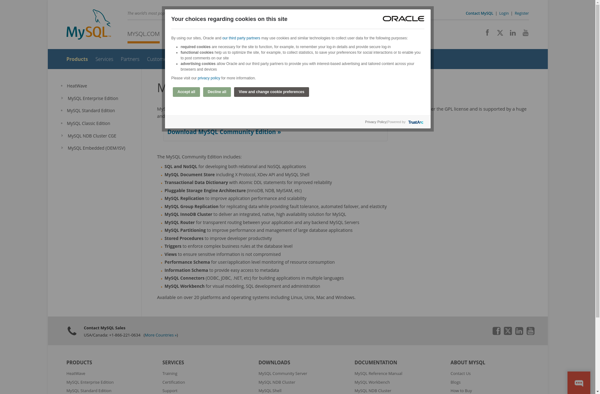
MariaDB
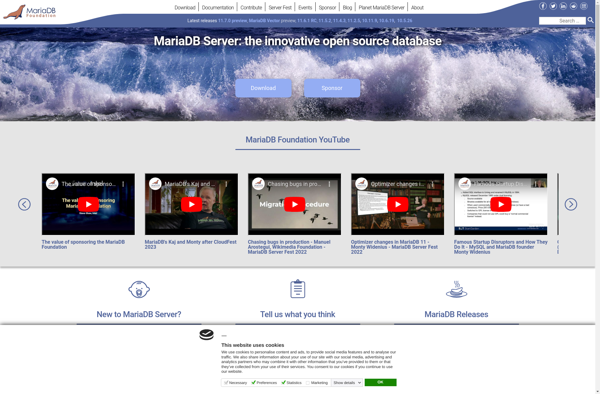
Apache Cassandra
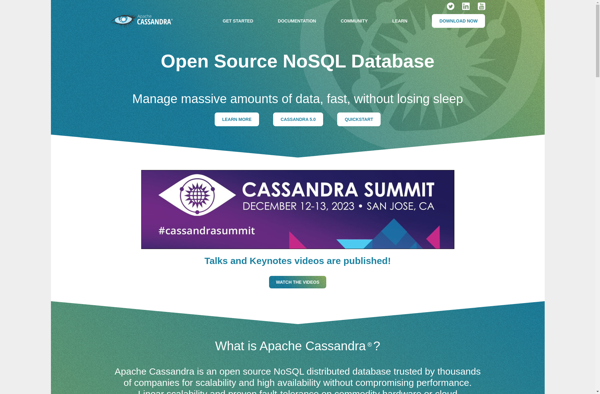
CouchDB
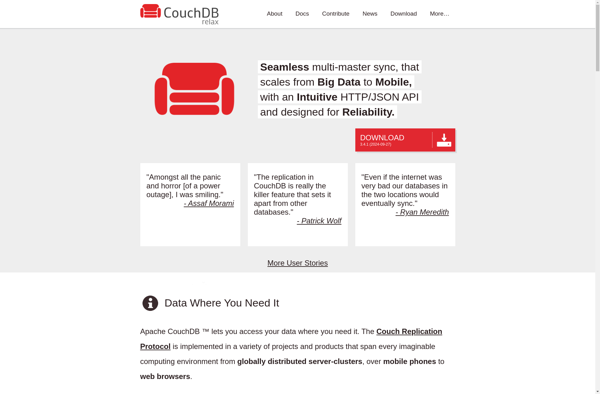
Microsoft SQL Server

RethinkDB

Azure Cosmos DB

ArangoDB
